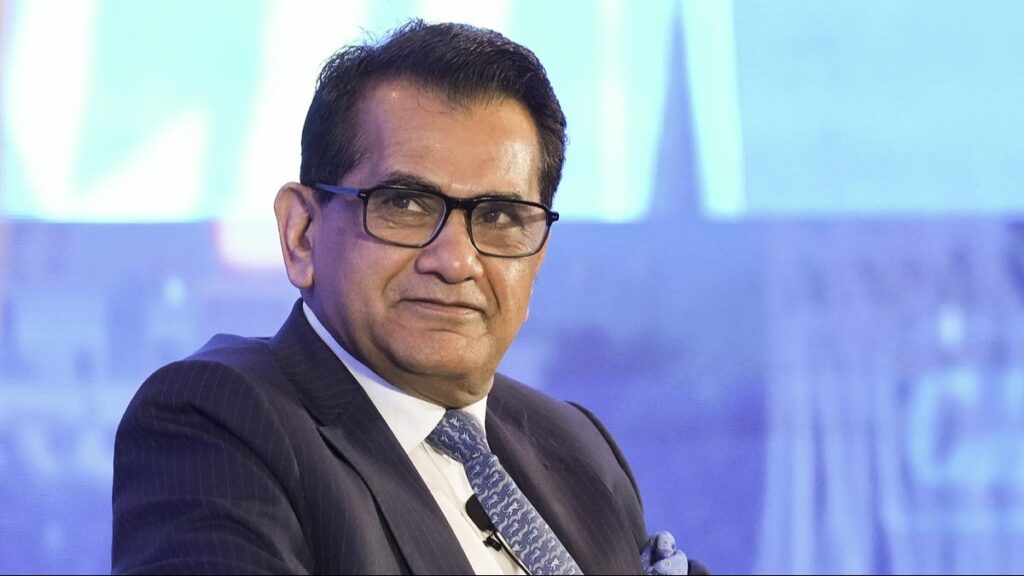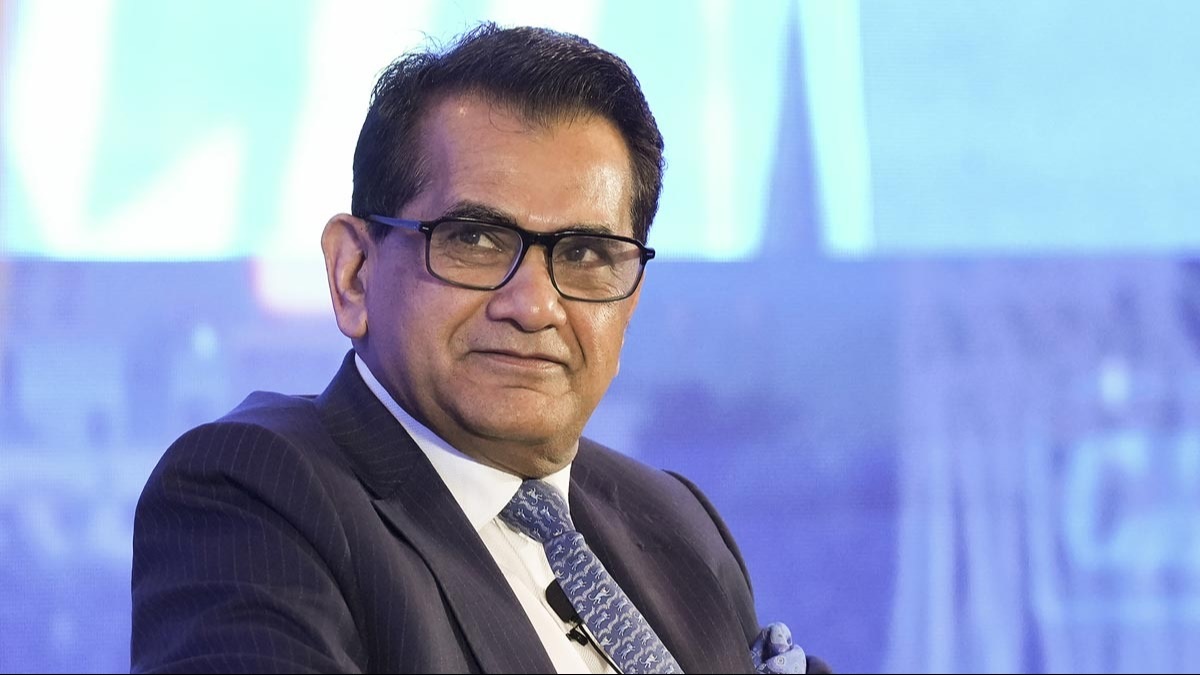Amitabh Kant, a prominent figure in Indian policymaking and the CEO of NITI Aayog, was recently asked about why India is still considered a developing nation rather than a fully developed one. In response, he highlighted several key factors that contribute to India’s ongoing development journey.

Kant acknowledged that India has made significant progress in various areas, such as economic growth, infrastructure development, and poverty reduction. However, he emphasized that the transition from a developing nation to a developed one is a complex and multifaceted process that takes time and concerted efforts.
One of the primary reasons behind India’s ongoing development is its large population. With over 1.3 billion people, the challenges of ensuring inclusive growth and equitable development are immense. Kant noted that addressing the needs of such a vast and diverse population requires sustained efforts in sectors like education, healthcare, and employment generation.
Furthermore, Kant pointed out that India’s development is not solely measured by economic indicators but also by social progress and human development. While economic growth is crucial, it must be accompanied by improvements in education, healthcare, gender equality, and other social parameters.
In his response, Kant also highlighted the importance of innovation and technology in India’s development journey. He emphasized the need to embrace disruptive technologies and digital transformation to drive inclusive growth and bridge the urban-rural divide.
Additionally, Kant stressed the significance of good governance and effective implementation of policies and programs. He emphasized the need for transparency, accountability, and efficient delivery mechanisms to ensure that development initiatives reach the intended beneficiaries.
Kant acknowledged that while India has made remarkable strides in various sectors, there are still areas that require attention and concerted efforts. Issues such as poverty, unemployment, regional disparities, and environmental sustainability need to be effectively addressed to propel India towards becoming a developed nation.
He also mentioned the importance of public-private partnerships and foreign direct investment in driving India’s growth story. Collaborative efforts between the government, private sector, and civil society are crucial in leveraging resources and expertise to achieve sustainable development goals.
Amitabh Kant’s response to the question of why India is still developing and not yet a developed nation highlighted several key factors. He emphasized the challenges posed by India’s large population, the need for inclusive growth and social development, the role of technology and innovation, the significance of good governance, and the importance of collaborative efforts. While India has made significant progress, there is still work to be done in addressing various socio-economic challenges and ensuring sustainable development for all its citizens.

